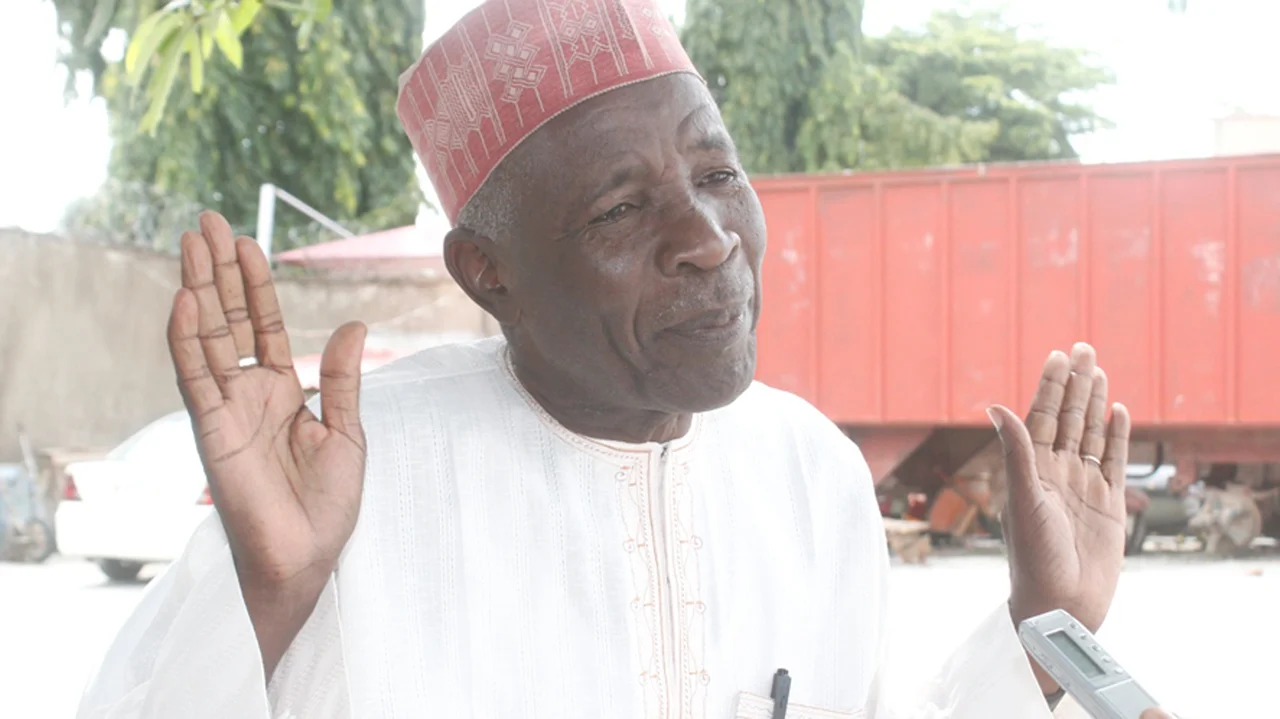Alhaji Buba Galadima, a prominent northern elder statesman and politician, has come out to give reasons why he supports the Federal Government’s claim that the ban on old notes will curb the menace of vote-buying in the upcoming general elections. This comes amid the heated public debates that have greeted the contentious naira redesign policy that was initiated by the Central Bank of Nigeria (CBN).
Galadima, who is a member of the Kwankwaso-Idahosa/NNPP Presidential Campaign Council, insisted that he agrees with claims that some top politicians in the country have large caches of cash stored up in an effort to use same in the bid to buy votes in the upcoming elections. He made this assertion while speaking during an interview on TRUST TV’s ‘Daily Politics’ a few hours ago.
Galadima claimed, in order to bolster his position, that his party had just obtained intelligence information indicating that a particular governor in the northern area of the country has a staggering amount of 22 billion old naira notes stored away in his house.
“The government has stated that they are redesigning the naira because a large number of people had accumulated outdated currency in their personal residences, which prompted them to take this action. That is how I see it too. Because I am aware that there is a governor in the northwest region of this nation who, according to the intelligence information that we have received, has approximately 22 billion naira worth of the old money stashed away in his home. This person holds the position of governor in the northwest. Because he is aware of the situation on his own, and the relevant security agencies are aware of it as well, there is no need for us to blow the whistle. However, at this point, there is a catch waiting for those like him who go to convert the money.
But what we are trying to get across is that if one man is able to amass 22 billion naira by taking advantage of the widespread fraud and corruption in the system, then my concern should be directed toward the average person living on the street who has only 1000 naira to call his wealth or his capital. Because that man’s one thousand naira is legal money, I would prefer that the system be defrauded by one individual rather than him losing that thousand as a result of this policy change by the CBN about the redesign of the naira.”







2 Comments